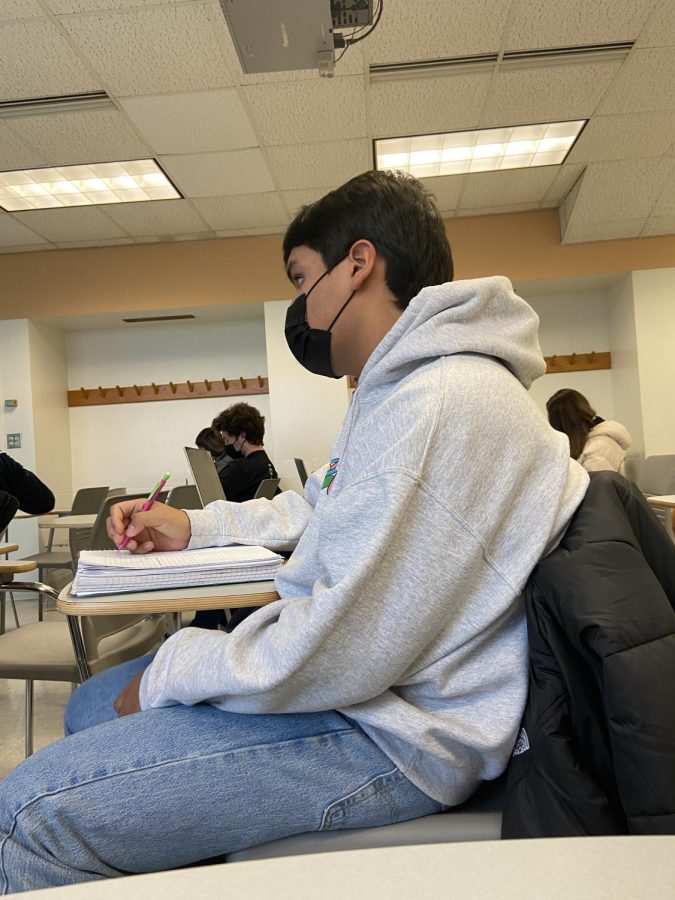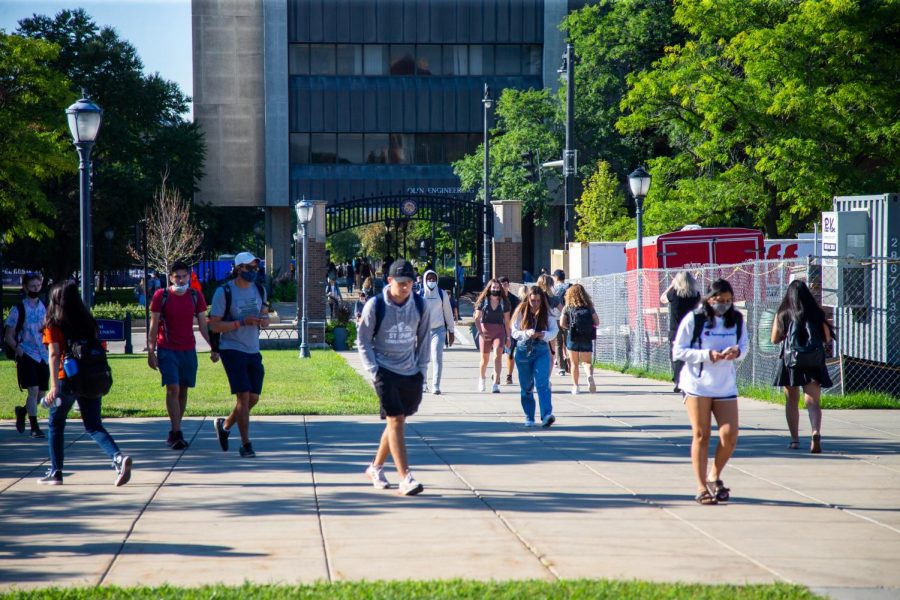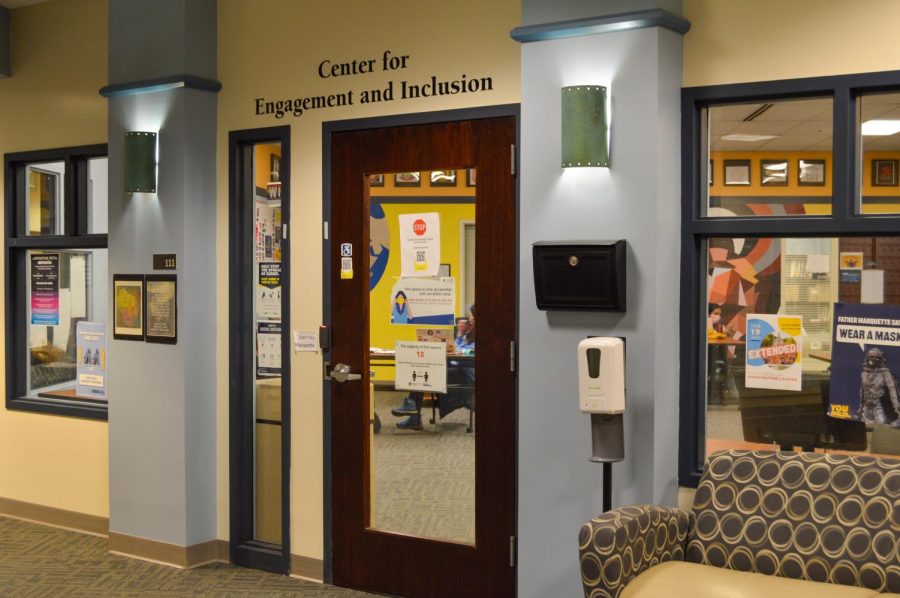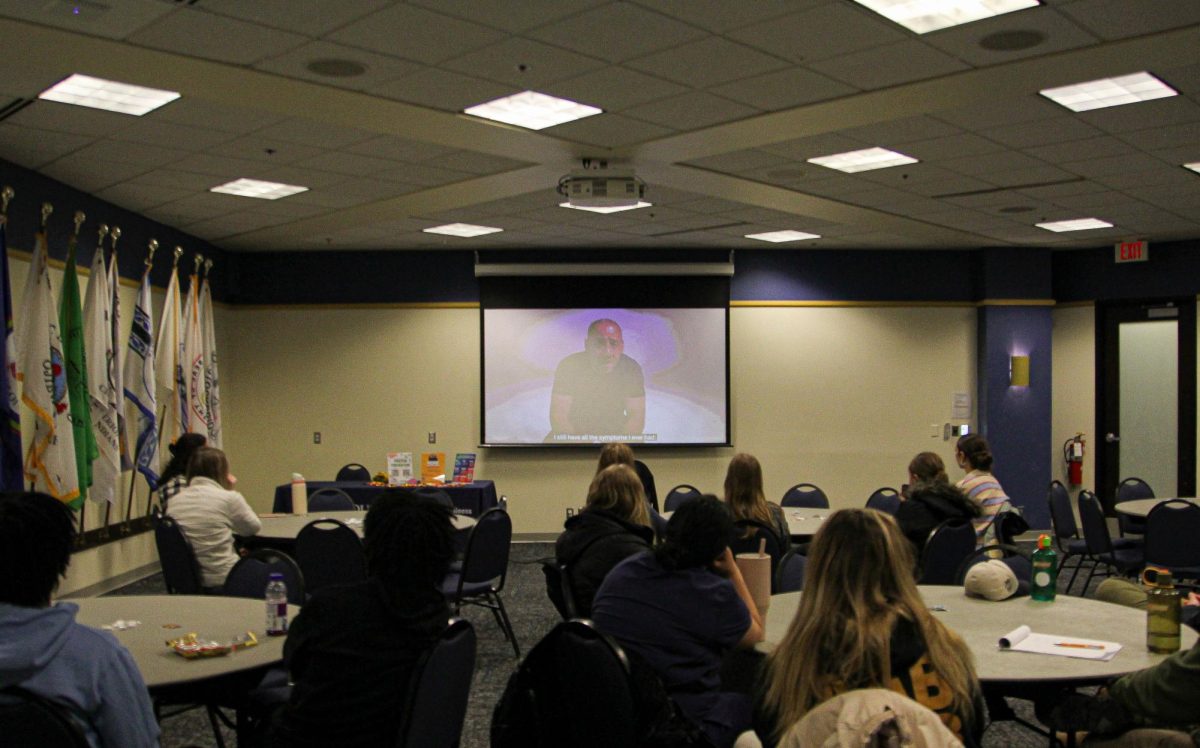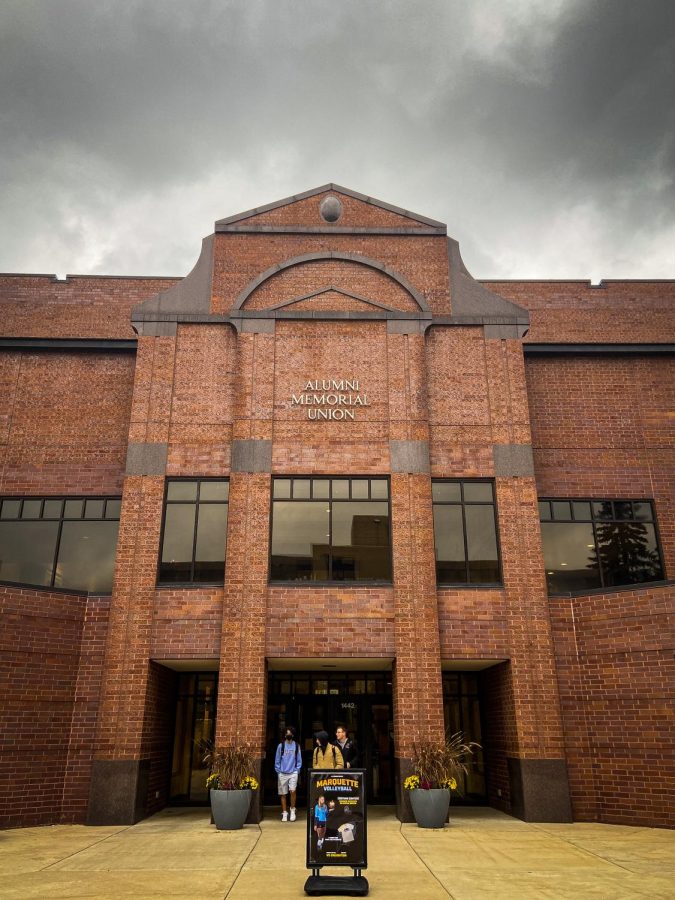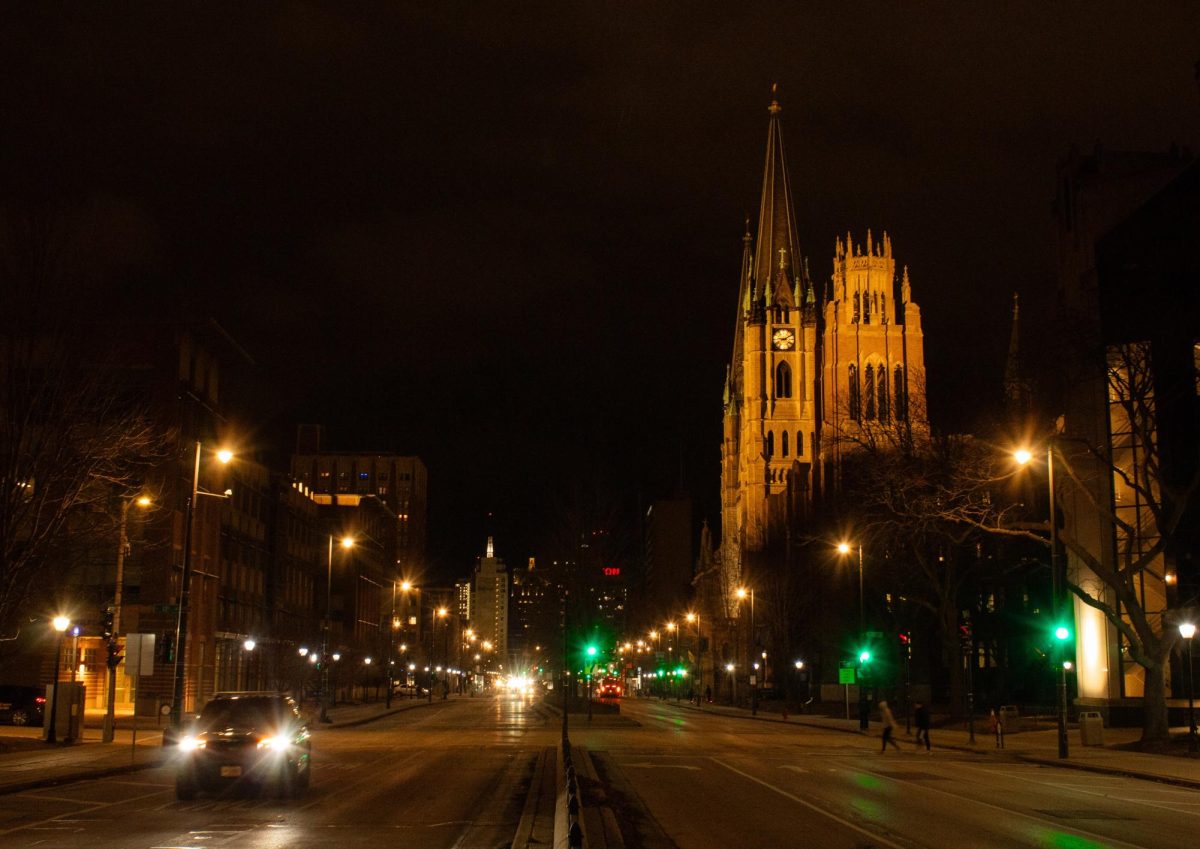As the COVID-19 pandemic continues to persist and severely impact people’s mental and physical health, burnout is also severely impacting the Marquette community.
The World Health Organization describes burnout as an “occupational phenomenon” often relating to workplace stressors that cause feelings of exhaustion, negativity, mental distance from work and reduced professional efficacy, or belief in one’s accomplishments and abilities.
As full-time students who are often juggling homework, jobs, extracurricular activities and other obligations, burnout this school year is very real among Marquette students. Especially with additional personal and academic challenges brought on by the COVID-19 pandemic, it is becoming too much.
Many students haven’t been able to see their friends or family members in normal environments or have a normal learning experience at Marquette. Being isolated and having to adapt to online learning may also be negatively impacting students’ mental health when it comes to their work.
As students, we also see the challenges professors are facing during this time and how difficult it is to keep up with tasks while facing uncertainty with their own jobs.
We are all struggling right now.
Having to deal with these additional challenges has been exacerbated by the lack of a sufficient break during the 16-week long semester.
Students, faculty and staff are all feeling the impact of not having a spring break.
Mental Health Days don’t provide students with a sufficient break. Not only are Mental Health Days in the middle of the week, but they are also inconsistently scheduled across the semester. Some Mental Health Days have long periods between them and others have short periods. For example, the Feb. 9 and March 10 Mental Health Days have four weeks between them, the March 10 and April 20 have almost six weeks between them and the April 20 and May 5 Mental Health Days have two weeks between them.
Students are exhausted and are struggling, and they need support.
Faculty and staff are still going through their own struggles as well — whether personal or professional — but they must make sure they have more understanding for the struggles of their students right now. Many professors are not taking into account that students don’t have a spring break when giving coursework.
Everyone should be more mindful and understanding during this time. Feeling overwhelmed and frustrated right now is completely justified, but we must still try to be considerate and kind to each other.
Considering the stressors and isolation this year has brought, it is essential that we are there for one another for support. We must make sure we are checking in on our friends as well as checking in with ourselves.
With the time for spring break gone and only a few more weeks left in the semester, that is all that we can do.
Additionally, if students are experiencing challenges and wish to speak to someone or find more resources to get help, they should reach out to the Counseling Center. Students can call the Counseling Center for a phone consultation to schedule an appointment during weekdays 8 a.m. to 4 p.m. at 414-288-7172. If students feel they need resources for non-life threatening mental health concerns after weekday hours and during the weekend, they can contact the after hours counselor through the Marquette University Police Department at 414-288-6800. For life-threatening emergencies, students should call 911.
Editorial topics by the Marquette Wire are decided at weekly meetings between members of the executive board. The editorial is crafted with leadership by the executive opinions editor. The executive board consists of the executive director of the Wire, managing editor of the Marquette Tribune, managing editor of the Marquette Journal, general manager of MUTV, general manager of MUR and nine additional top editors across the organization.



